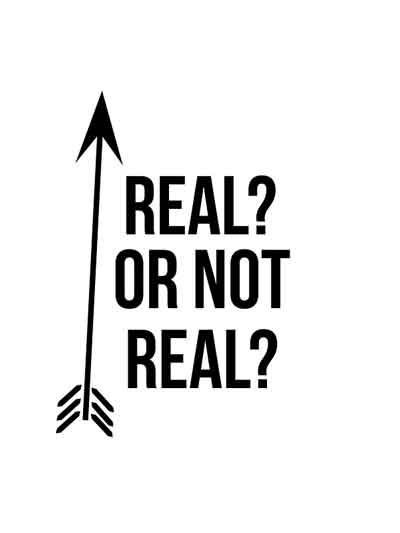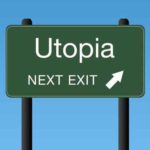The Freedom of the Press* is one of our foundational linchpins* on which American society is built. We want to make informed decisions, and this hinges* on the reporting of anything and everything that occurs in the country and the world. Even when I don’t like the news and it distresses me, as a concerned citizen, I want to know what is going on; moreover, as an educator, I have an obligation to.
 The Freedom of the Press
The Freedom of the Press
is a Constitutional Right given in the First Amendment that states,” Congress shall make no law …abridging the freedom of speech, or of the press…” Basically, this means that the United State government shall in no way limit or restrict the freedom of the media to investigate and report on what’s happening.
hinges on is an idiomatic expression used to say that one thing depends on another. For example, successful language learning depends upon or hinges on not only the knowledge, but also the effort put into it.
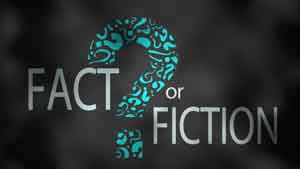
This summer my class is reading the dystopian* novel The Hunger Games. If you’ve been living under a rock* for the past few years, maybe you don’t know the three novels, the three block buster movies, and the countless other references to the topic. If so, the girl on fire is worth an investigation.
How I enjoy helping students analyze the differences between fiction and fact and how the lines blur from a story to the real world. Our essay for this unit is comparing that world to our own and finding the sadly all-to-real similarities between them.
Dystopian – a state in which the world is a terrible place, usually with a totalitarian government and destroyed environment.
Though my students have not read book 3 of the series, Mockingjay*, and maybe never will, I have and was struck* by the game played throughout the book between Peeta and Katniss as he struggled to decipher what was real and what was not real after a tortuous conditioning* experience by the Capital.
“You love me. Real or not real?,” asks Peeta. And Katniss answers, “Real.”
How can he react to a situation without knowing what is true or fake? How can we?
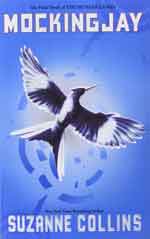
 to be struck by an idea is an idiomatic phrase loosely based on the idea of being struck by lightening. Like a bolt of lightening out of the sky, which is forceful and rather violent, to be struck by an idea has the same kind of feeling where a strong or sudden idea hits your mind. For example, as she read the novel, she was struck by the idea that this was more than fiction because she could similarities in her own modern world.
to be struck by an idea is an idiomatic phrase loosely based on the idea of being struck by lightening. Like a bolt of lightening out of the sky, which is forceful and rather violent, to be struck by an idea has the same kind of feeling where a strong or sudden idea hits your mind. For example, as she read the novel, she was struck by the idea that this was more than fiction because she could similarities in her own modern world.
Conditioning comes from the phrase to be conditioned which means to be trained by someone through repetitious behavior. Conditioning is both positive and negative and takes place throughout our lives. We are conditioned by our parents for certain response, our culture for others, and our inter-personal relationships with other for even more responses. This is all a normal part of life. Negative conditioning, as used in this blog example, often comes through negative, harmful or even physically painful behavior.
Thus, it is our responsibility, however tedious and frustrating it may be, to validate the news we receive and believe and maybe even act upon.
Like Peeta, the first question we should ask is “Real or not real?”
Sources from Facebook to CNN have asked the same question and offer advice for doing just that.
Here are 3 Quick Questions
that we can all incorporate into our daily news cycle
to help us decide the veracity of information.
Where is the information coming from? Is it a trusted, well-known source?
Established news agencies, biased or not, have confirmation standards and legal requirements that must be followed. If are reading a source you have never heard of before, it just might not be true.
Are there any primary sources cited?
When things happen in today’s world, everyone wants to talk about them. News crews interview anyone even remotely connect to the situation. Companies give statements. If there is no primary source provided in a news report, it just might not be true.
Can it be verified by another established source? Can it be fact checked?
Verifiable facts should be reported by multiple news agencies. There are actually fact checking organizations like FactCheck.org and Snopes. There are actual lists of such agencies readily found with a quick google search. If you can’t confirm it with a quick search, it just might not be true.
In a perfect world, that elusive Utopian* society with “a brotherhood of man” in John Lenon’s Imagine*, we wouldn’t have to worry about fake news reports as people would equally share all the world; however, that’s not yet our world.
The scarily familiar dictatorship of The Hunger Games, where the good of the few demands a yearly sacrifice of the many, thank goodness, is not a reality in the United States as of now though there are certainly places in the world where such situations do exist.
To make sure that doesn’t become our reality, we have a responsibility to know the differences between fantasy and fiction, between propaganda* and truth, and between the real and not real.
[embedyt] https://www.youtube.com/watch?v=RwUGSYDKUxU[/embedyt]
Propaganda is misleading or incorrect information used to promote a particular point of view.
I wholeheartedly advocate* one’s right to make personal life choices. It is not ever my job to tell someone what to think or what to believe.
However, as an educator, I do have the responsibility to encourage thinking, questioning, and analyzing. I believe in using facts to form my opinions.
Advocate means to support or recommend a particular cause. It can also be used with for as in in advocate for a cause. Finally, the noun is spelled the same though pronounced differently. For example, The student advocate advocates for student rights. Don’t you just love English?!?
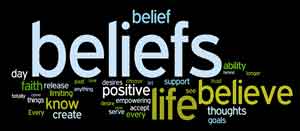
Personal Beliefs are the convictions one uses to guide his or her life.
